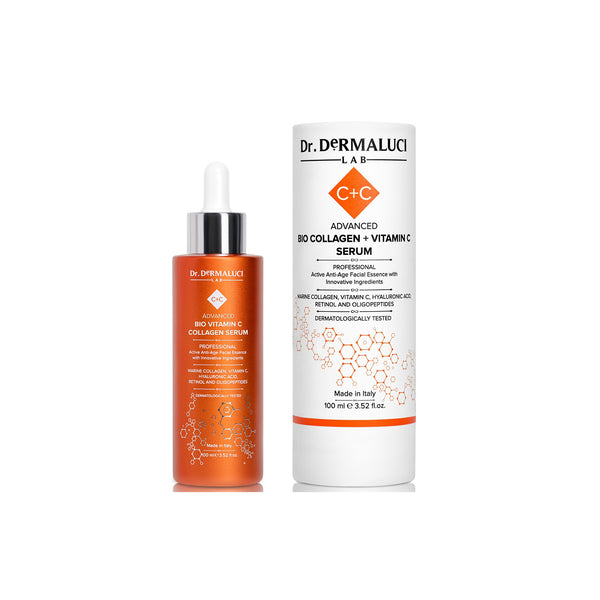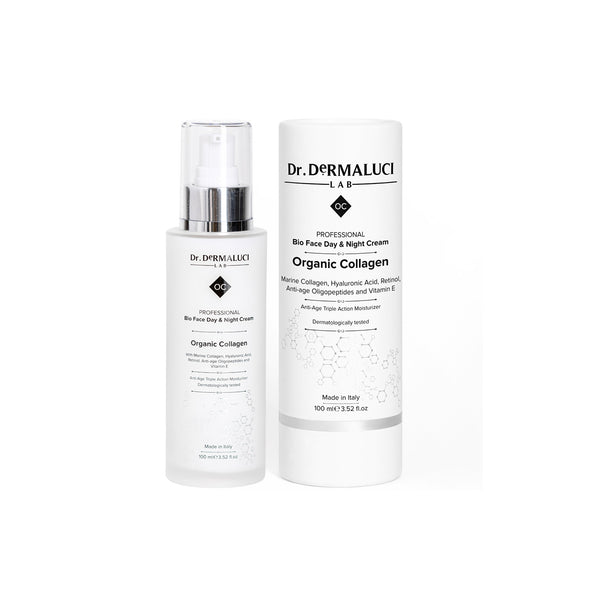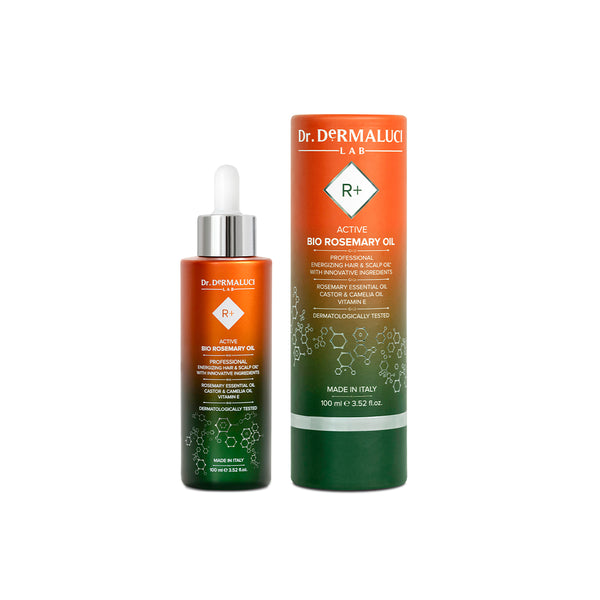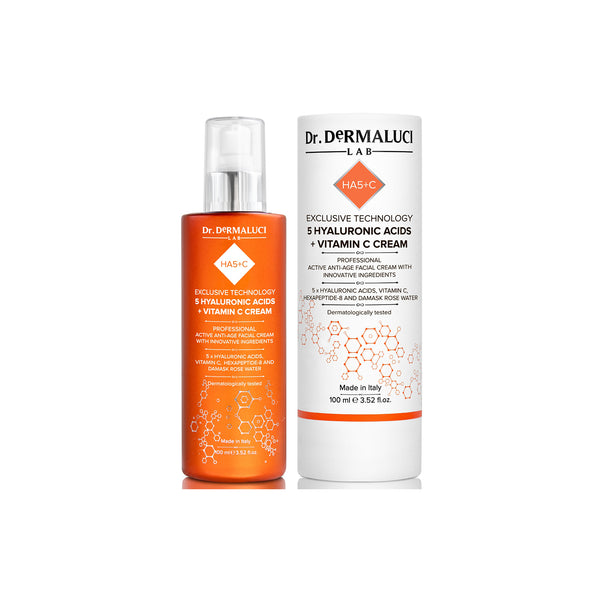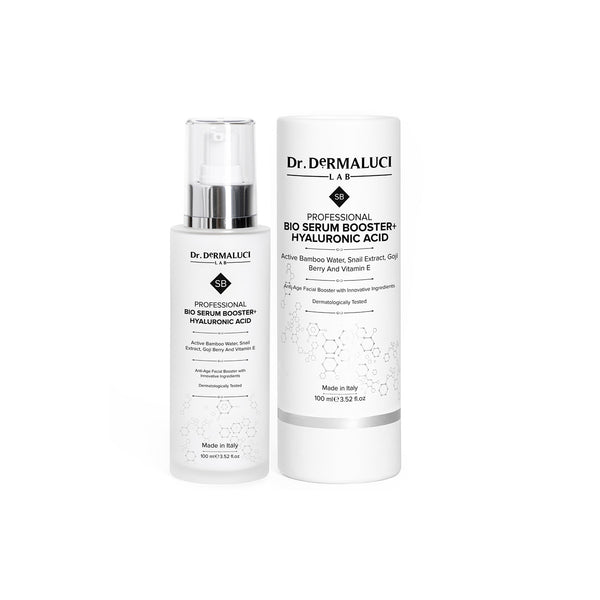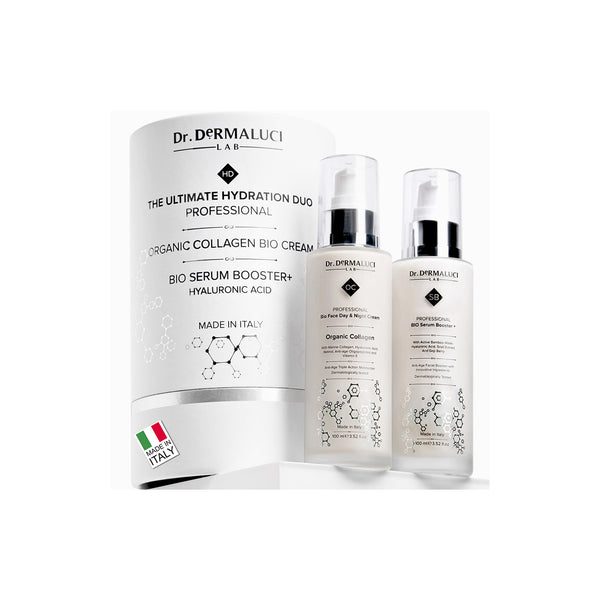
Pure Retinol and Oily Skin. Debunking Myths with Science
🧬 Retinol: The Most Misunderstood Active
Many people with oily skin avoid retinol out of fear of irritation or “over-drying.” Yet, clinical studies show that retinol can be a game-changer for excess sebum and texture irregularities when formulated intelligently.
Pure retinol ( vitamin A ) stimulates cell turnover and reduces clogged pores — one of the main causes of breakouts and uneven tone in oily skin.
💧 How Retinol Balances Oily Skin
- Regulates Sebum Production: Normalises oil output by acting on sebaceous glands.
- Clears Pores: Increases turnover of dead cells, preventing comedones.
- Improves Texture: Stimulates collagen and reduces post-acne marks.
- Boosts Absorption: Prepares skin to receive hydrating and antioxidant actives.
Dr. Dermaluci Lab uses a stabilised form of pure retinol encapsulated for controlled release — ensuring efficacy without inflammation.
🌿 Pairing Retinol with Hydration
Retinol does not mean “dry.” When combined with multi-molecular hyaluronic acid, oligopeptides, and aloe vera, it supports renewal while keeping the barrier intact.
The key is timing and balance — apply retinol at night on clean, dry skin and seal with a light hydrating cream.
⚗️ The Smart Routine for Oily Skin with Retinol
- Gentle cleanser (removes oil without stripping).
- Apply a pea-size amount of retinol serum at night.
- Follow with light hydrating cream with HA + peptides.
- Use SPF every morning to protect renewed cells.
Checklist / Benefits
- ✅ Controls oil without over-drying
- ✅ Reduces clogged pores and blackheads
- ✅ Improves texture and post-acne marks
- ✅ Boosts collagen and cell renewal
- ✅ Gentle encapsulated formula for night use
❓ FAQs
Q: Will retinol make my skin peel?
A: Mild flaking is temporary as cell turnover accelerates. Hydrate well and start 2–3 times per week.
Q: Can I use retinol with niacinamide?
A: Yes, they work synergistically to calm and repair the barrier.
Q: When should I apply it — morning or night?
A: Night only. Retinol is light-sensitive and may degrade under sunlight.
Q: Is it safe for acne-prone skin?
A: Absolutely — it helps prevent clogging and balances oil flow.
Q: What age should I start?
A: From mid-20s for preventive benefits and texture improvement.
👉 Discover: Gentle Retinol Routine for Sensitive Skin – Dermatologist Advice
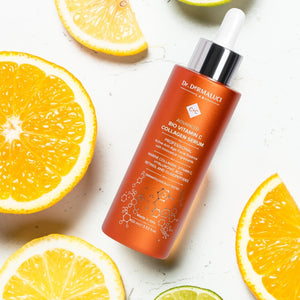
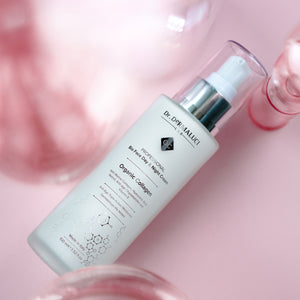
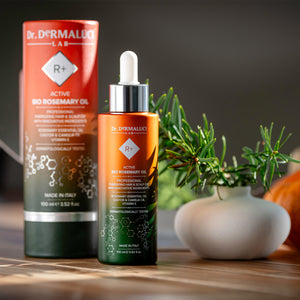
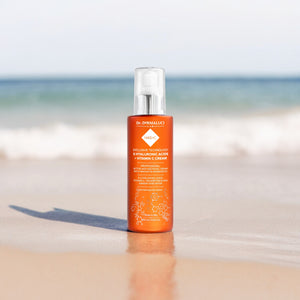
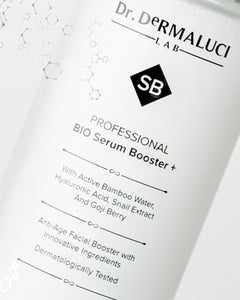
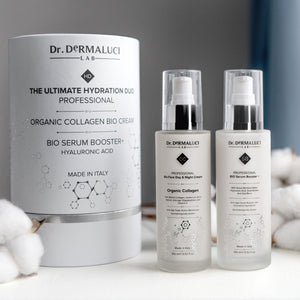

 Verified by shop
Verified by shop







